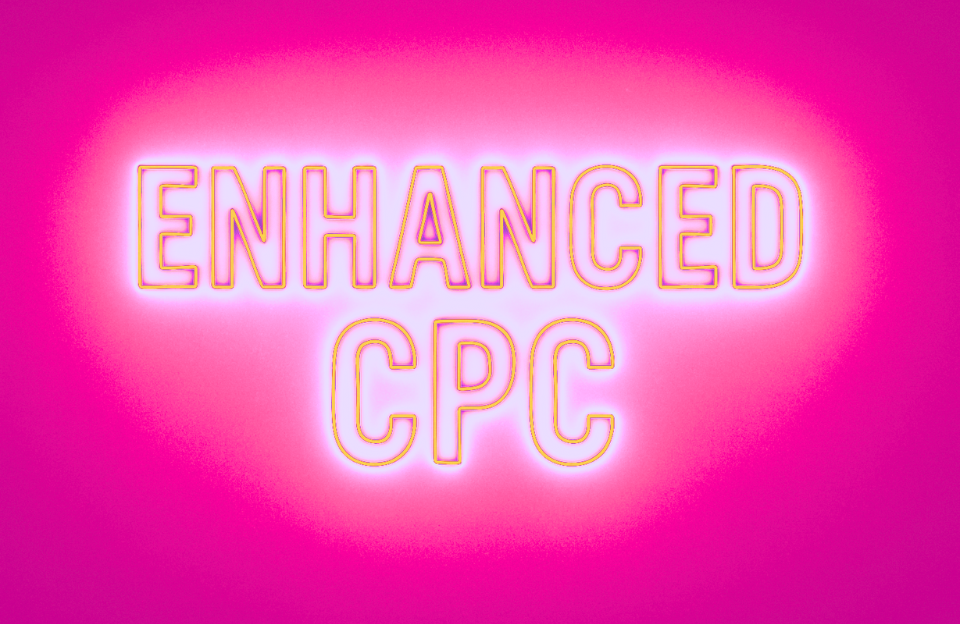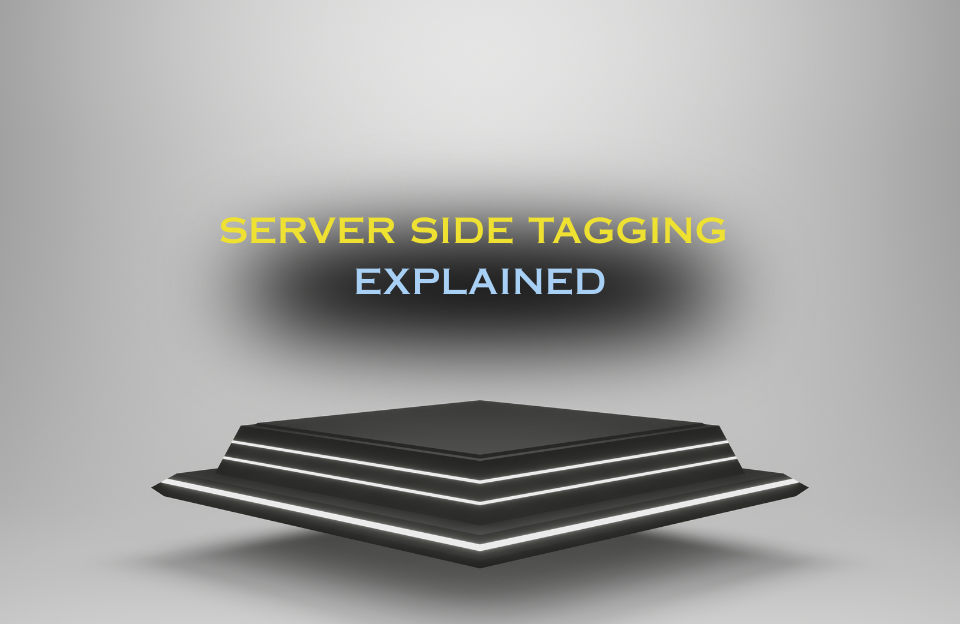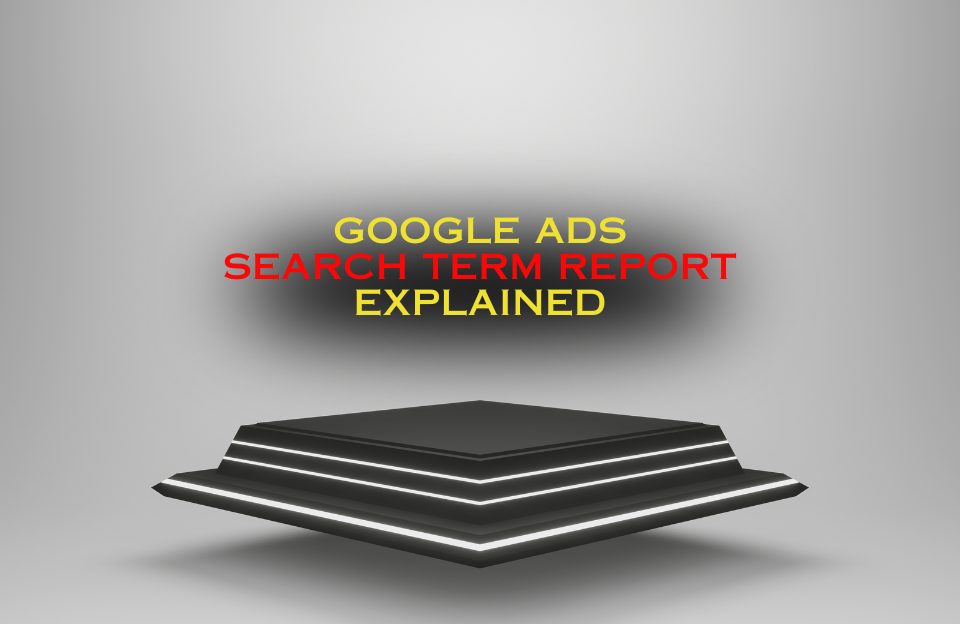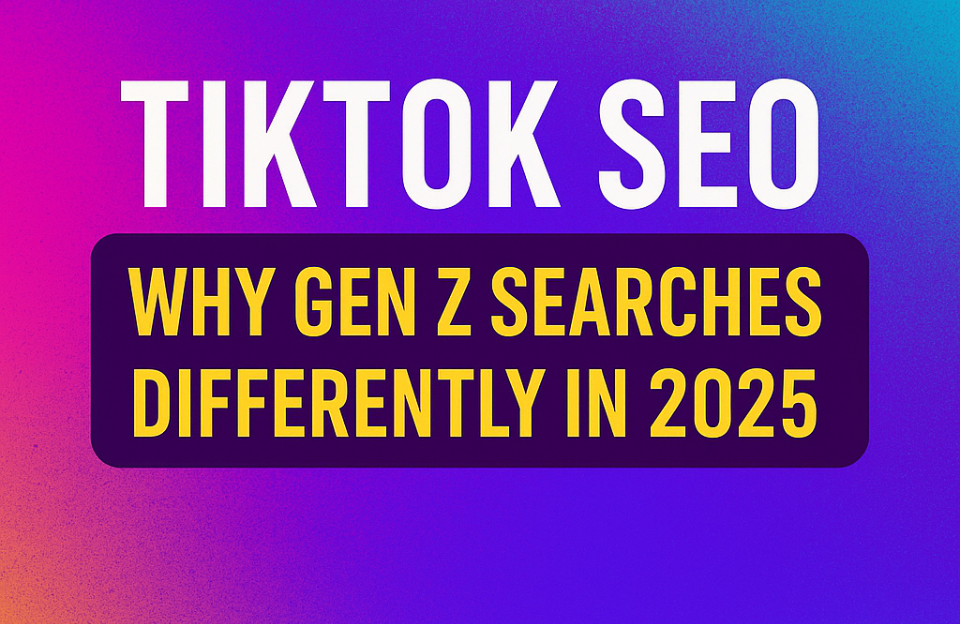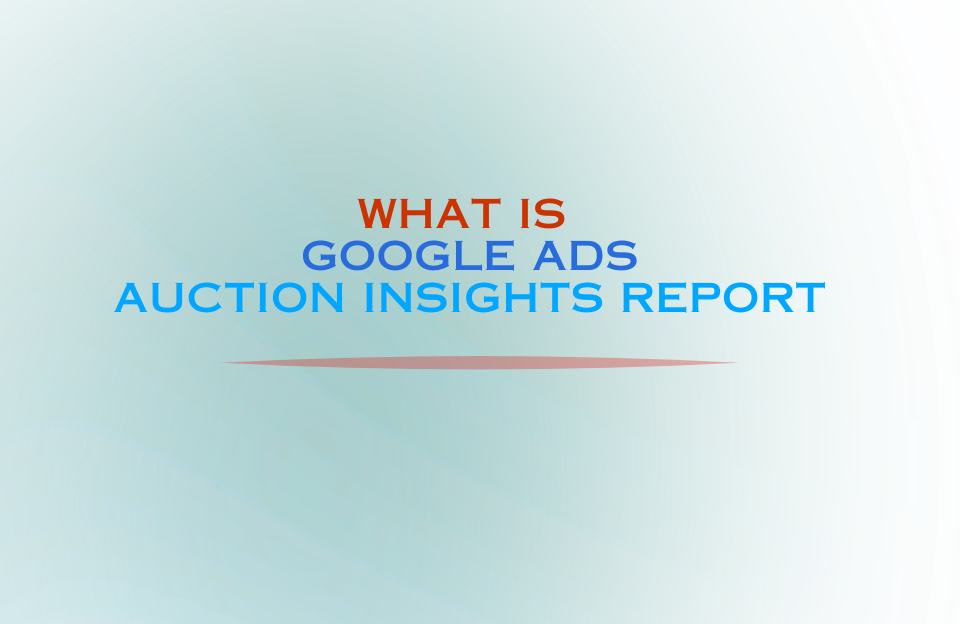Enhanced CPC (eCPC) is a semi-automated bidding strategy in Google Ads that blends the control of manual bidding with the intelligence of Google’s algorithm. It’s ideal for advertisers who still want to manage bids manually but are open to optimization based on conversion likelihood.
What is Enhanced CPC?
Enhanced CPC allows Google Ads to automatically increase or decrease your manual bids during each auction, based on the estimated likelihood of a click converting. Unlike fully automated strategies like Target CPA or Maximize Conversions, you still set base bids—Google just adjusts them slightly in real-time.
For example:
- If a user is more likely to convert, Google may raise your bid (up to 100% on Search)
- If the user is less likely to convert, your bid may be reduced
The goal is to improve your conversion volume and value, without fully giving up bidding control.
How does Enhanced CPC work?
eCPC uses signals such as:
- Device type
- Location and time of day
- Search query intent
- User behavior and past conversion data
…to estimate conversion probability in real time. Based on these insights, Google adjusts your bid at auction-time—within limits—to help you get more conversions or more conversion value.
On the Search Network, Google can increase bids by up to 100% and decrease them without limit. For Display campaigns, adjustments are typically smaller.
When should you use Enhanced CPC?
Enhanced CPC is best when:
- You want to retain control over keyword-level bidding
- You’re testing conversion-based optimization but not ready for full automation
- You have reliable conversion tracking in place
- You want a simple upgrade from Manual CPC
It’s a good choice for advertisers transitioning from manual bidding to smart bidding, or for campaigns where you want slight performance boosts without fully handing over bidding to Google.
Pros and cons of Enhanced CPC
Pros:
- Retains manual control with smart optimization
- Easy to implement—just toggle it on
- Helps increase conversions without major budget changes
- Safer than full automation for conservative advertisers
Cons:
- Less predictable CPC than pure manual
- Limited optimization compared to Target CPA or ROAS
- Still requires good data tracking to be effective
- Not suitable if you lack conversion volume
Practical example: Upgrading a Manual CPC campaign
Imagine you’re running a campaign for an online bookstore. You use Manual CPC to control bids tightly, but you’d like to increase sales without switching to full automation.
You enable Enhanced CPC and keep your keyword-level bids:
- €0.40 for “buy mystery books”
- €0.60 for “bestselling novels online”
After enabling eCPC, you notice:
- Google raises your bid to €0.80 for some high-converting evening searches
- Low-performing mobile traffic gets bid reductions
Overall, you see a 12% increase in conversions with only a 5% increase in cost—while still keeping manual control.
How to enable Enhanced CPC in Google Ads
- Go to your Google Ads campaign settings
- Choose “Manual CPC” as your bid strategy
- Check the box for “Enhanced CPC”
- Save and monitor performance over 1–2 weeks
Note: eCPC is enabled by default in some campaign types.
Tips for using Enhanced CPC effectively
- Only use it if your conversion tracking is accurate and stable
- Combine with ad scheduling and device bid modifiers
- Monitor conversion rate and CPA after enabling
- Use for campaigns with moderate data, not brand-new accounts
Conclusion
Enhanced CPC offers a smart middle ground between full manual bidding and smart automation. It’s a great way to boost conversions without losing bid-level control. For advertisers who want to dip their toes into algorithmic bidding while maintaining oversight, eCPC is a low-risk, high-reward strategy worth testing.
